When it comes to weight loss and healthy eating, the battle between low-carb and low-fat diets has raged for decades. While both aim to improve health and aid in weight management, they take very different approaches. So, which one is better for you?
Let’s explore the science, pros and cons, and how to choose the right fit based on your body and lifestyle.
🧠 Understanding the Basics
🥩 What Is a Low-Carb Diet?
A low-carb diet limits carbohydrate intake, typically focusing on protein, healthy fats, and non-starchy vegetables. Popular low-carb diets include the keto, Atkins, and paleo plans.
Foods to Limit:
- Bread, rice, pasta
- Sugary snacks and drinks
- Potatoes and starchy vegetables
Foods to Eat:
- Meat, fish, eggs
- Leafy greens and cruciferous veggies
- Nuts, seeds, healthy oils
🥯 What Is a Low-Fat Diet?
A low-fat diet reduces fat intake, especially saturated fat, focusing instead on complex carbs, fruits, vegetables, and lean protein.
Foods to Limit:
- Butter, fatty meats
- Fried foods
- High-fat dairy
Foods to Eat:
- Whole grains
- Legumes
- Low-fat dairy and lean poultry
⚖️ Comparing the Benefits
⚡ Weight Loss Results
- Low-carb diets tend to promote faster initial weight loss, mostly due to water loss and reduced insulin levels.
- Low-fat diets may show steady and sustainable weight loss, especially if calorie intake is controlled.
Studies show that both diets can be effective, but low-carb diets often lead to slightly more weight loss over 6–12 months, especially in obese or insulin-resistant individuals.
🫀 Heart Health
- Low-fat diets have long been recommended for heart health due to their effect on lowering LDL (bad cholesterol).
- Low-carb diets may increase HDL (good cholesterol) and lower triglycerides, but sometimes raise LDL slightly depending on fat sources.
Choosing healthy fats (like avocado, olive oil, and nuts) can help mitigate risks in low-carb diets.
🩸 Blood Sugar & Insulin Control
- Low-carb diets can drastically reduce blood sugar and insulin levels, making them beneficial for type 2 diabetes or pre-diabetes.
- Low-fat diets are still helpful but may not provide the same dramatic improvement in glycemic control.
For those with insulin resistance, low-carb diets often show faster improvements.
😋 Hunger and Satiety
- Low-carb diets are often higher in protein and fat, which can increase satiety and reduce cravings.
- Low-fat diets, if high in fiber-rich foods, can also be satisfying but may leave some people feeling hungrier, especially early on.
🧬 Which Diet Fits Your Body Best?
🧍 Body Type & Metabolism
- People with insulin resistance, metabolic syndrome, or type 2 diabetes may respond better to low-carb diets.
- Those with normal glucose metabolism may do well on either, depending on calorie intake and food quality.
🏃 Lifestyle & Physical Activity
- Athletes or highly active individuals might prefer low-fat diets with higher carbs for energy and performance.
- Sedentary individuals might benefit more from carb restriction to manage insulin and fat storage.
🥦 Dietary Preferences & Sustainability
- If you love fruits, grains, and legumes, a low-fat diet may be easier to follow.
- If you prefer meats, dairy, and healthy oils, a low-carb diet might feel more natural.
The best diet is one you can stick to long term, without feeling deprived or frustrated.
✅ Pros and Cons at a Glance
| Feature | Low-Carb Diet 🥩 | Low-Fat Diet 🥦 |
|---|---|---|
| Quick weight loss | ✅ Faster | ❌ Slower |
| Blood sugar control | ✅ Excellent | ⚠️ Moderate |
| Heart health | ⚠️ Mixed results | ✅ Strong support |
| Hunger control | ✅ Better satiety | ⚠️ Depends on fiber |
| Flexibility | ⚠️ Restrictive | ✅ More variety |
| Long-term sustainability | ⚠️ Harder for some | ✅ Easier for many |
🧭 Final Verdict: It Depends on You!
There’s no one-size-fits-all when it comes to nutrition. Both low-carb and low-fat diets can work, depending on your:
- Health goals
- Medical conditions
- Activity level
- Food preferences
- Lifestyle habits
🩺 Tip: Always consult a registered dietitian or healthcare provider before starting any new diet—especially if you have underlying conditions.
🥗 Conclusion
Whether you choose low-carb or low-fat, the key to success is consistency, whole-food choices, and portion control. Prioritize nutrient-dense meals, stay active, and listen to your body. The best diet isn’t just about macros—it’s the one that helps you feel your best and is sustainable for life.
ABOUT THE AUTHOR
Dr. Abid Akram is a dedicated medical practitioner known for his patient-centered approach and strong clinical expertise. With an MBBS degree and years of hands-on experience, he has developed a keen interest in preventive healthcare and internal medicine. Dr. Abid firmly believes that health is not just about treating illness but about empowering individuals to make lifestyle choices that prevent disease and promote long-term well-being. His approachable personality and ability to explain complex medical concepts in simple terms make him a trusted doctor among his patients. Outside of his clinical practice, Dr. Abid contributes to community health awareness programs, aiming to bridge the gap between medical knowledge and everyday life.
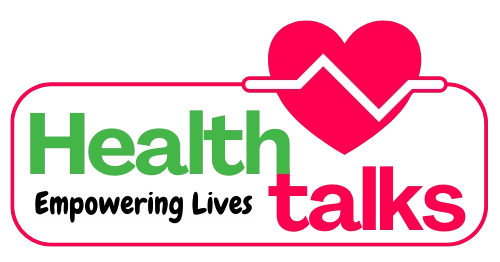
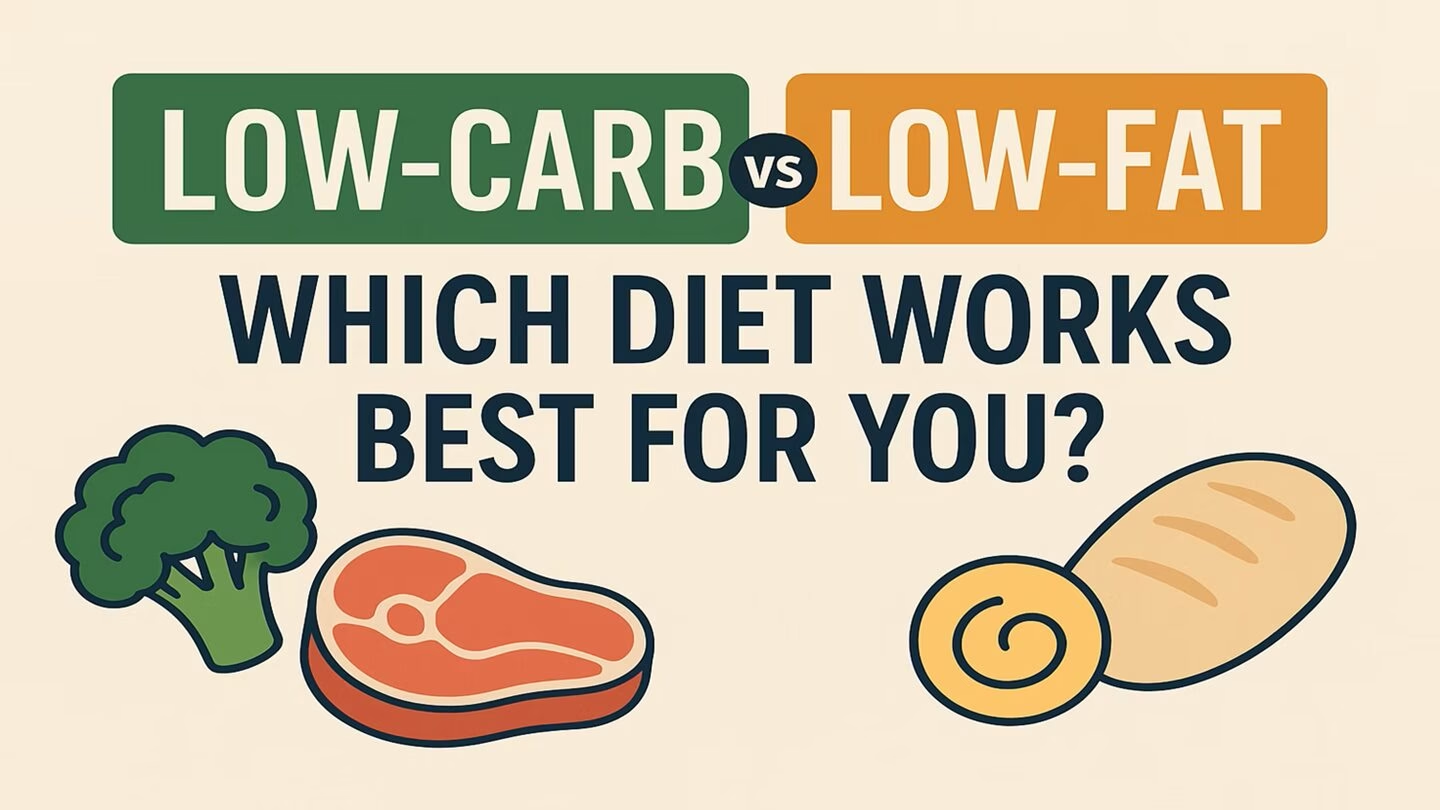
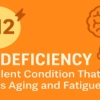





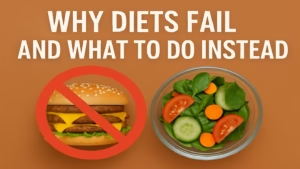
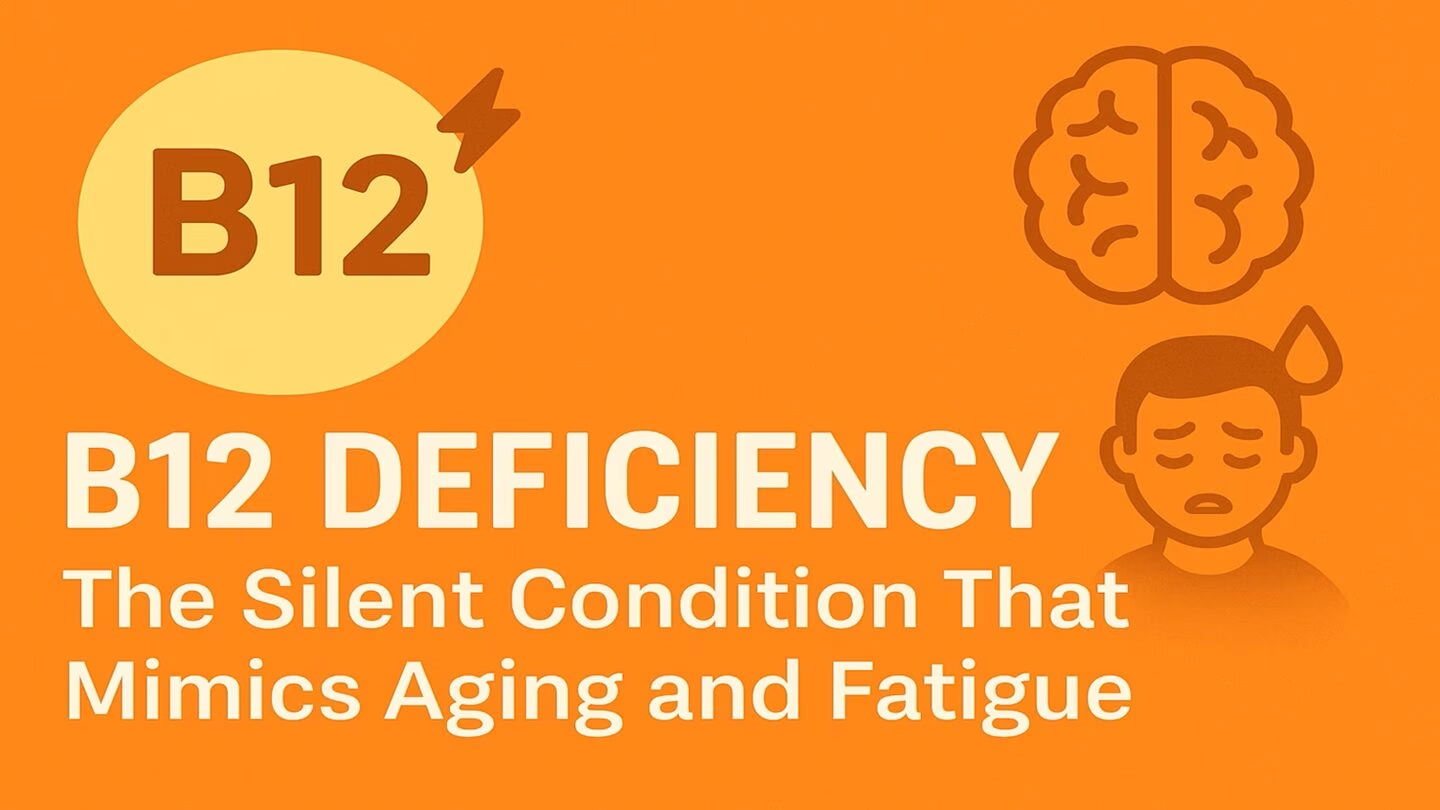
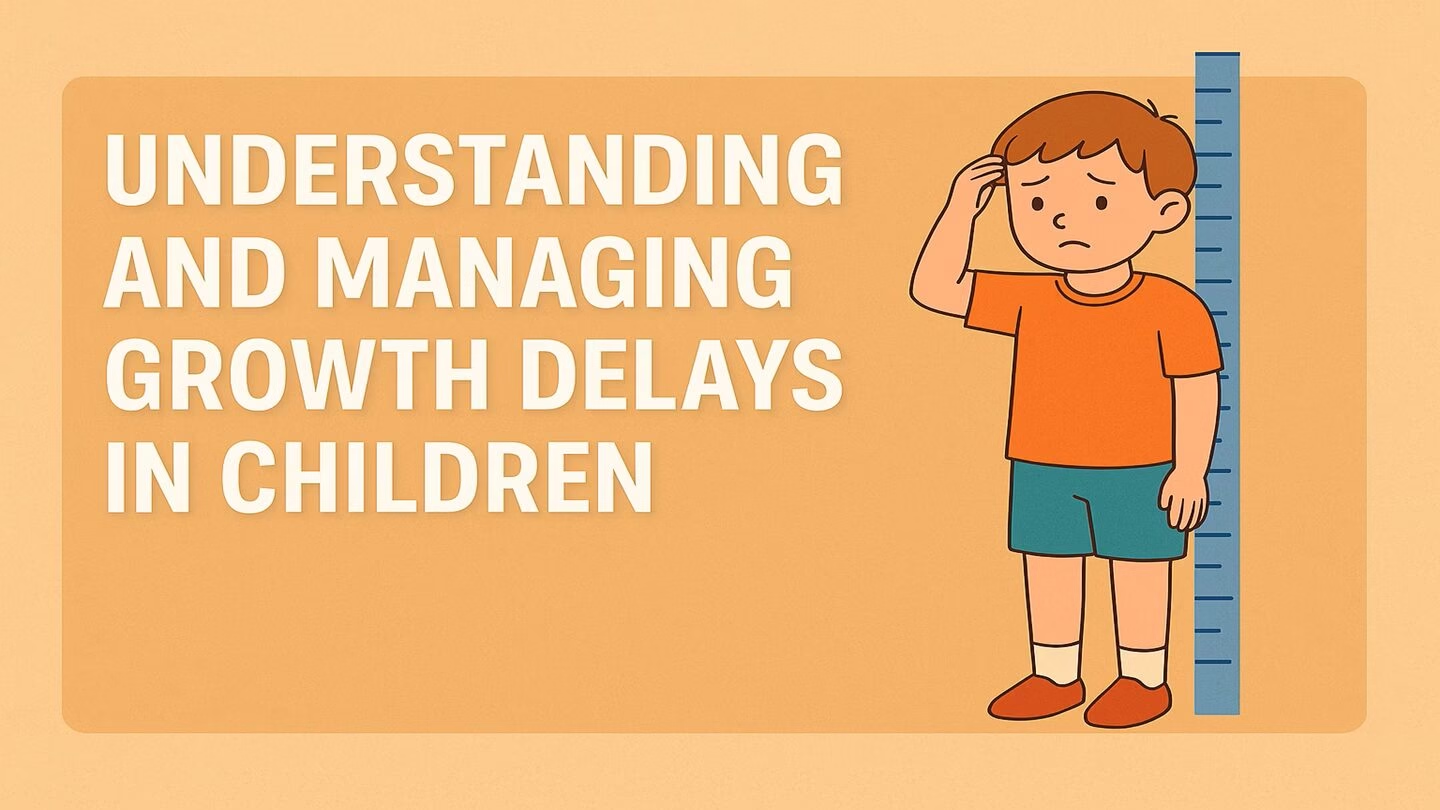



Add comment